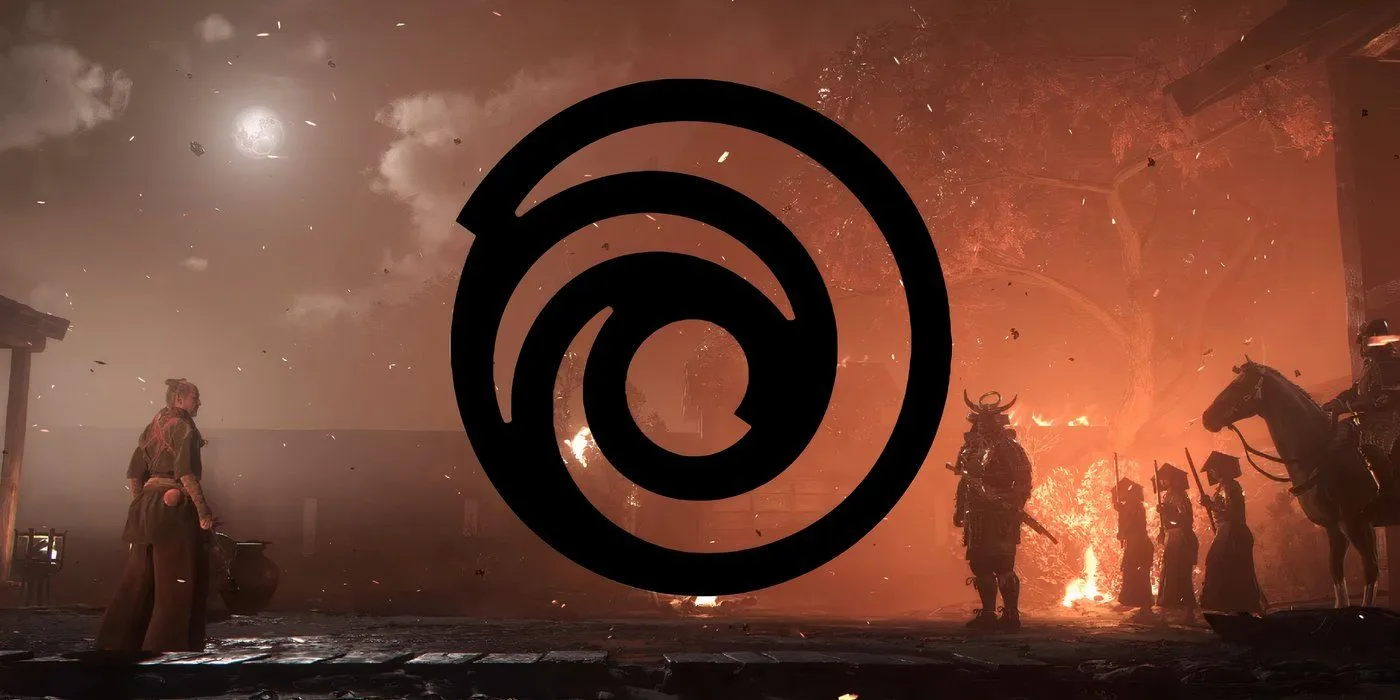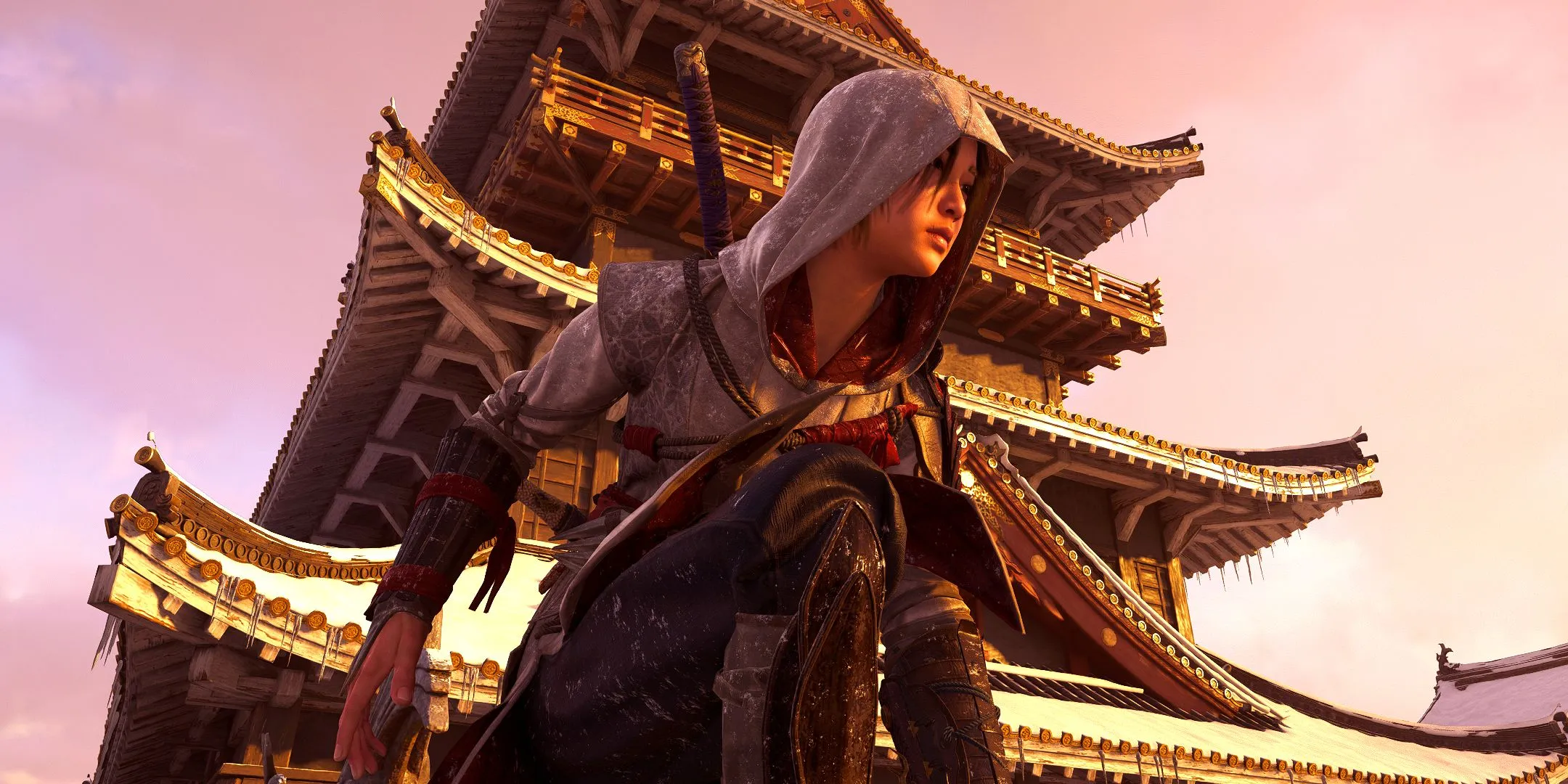Recent developments surrounding Ubisoft signal potential shifts within the iconic Assassin’s Creed franchise following the release of Assassin’s Creed Shadows. There have been mounting questions regarding the company’s future, specifically tied to the financial success of this latest title. Although early reports indicated that Shadows needed to perform exceptionally well to stabilize Ubisoft, recent updates have suggested there are nuances to the situation. Nonetheless, significant changes are on the horizon for the company as it adapts to its evolving circumstances.
While Assassin’s Creed Shadows has seemingly launched successfully, doubts remain regarding whether this will suffice to alleviate Ubisoft’s financial challenges. Last week’s announcements indicate that Assassin’s Creed and other major intellectual properties may continue to thrive, albeit under a transformed company structure. It’s clear that Ubisoft is committed to its flagship franchises, but the establishment of a new subsidiary could introduce both opportunities and challenges moving forward.
Ubisoft’s New Subsidiary Backed by Tencent Investment
Tencent Invests Over a Billion Dollars in Ubisoft’s New Subsidiary

On March 27, 2025, Ubisoft announced the formation of a new subsidiary intended to manage certain game properties, with substantial financial backing from Tencent, amounting to approximately €1.16 billion (around $1.25 billion). Although Tencent will maintain a minority stake, they will possess certain veto rights over the subsidiary’s development decisions. Crucially, Ubisoft will retain majority voting rights for the initial two years, which is a relatively short duration considering the complexities of game development.
Tencent’s extensive investment history includes stakes in prominent gaming companies such as Epic Games and the complete acquisition of Riot Games, creators of League of Legends, in 2011. This partnership, while promising, comes with its share of scrutiny, particularly concerning past allegations against Tencent regarding practices in game design and monetization.
Currently, it appears Ubisoft will retain primary control over the creative direction of games produced by this new subsidiary. However, Tencent’s investment and embedded decision-making influence could shape the future trajectory of Ubisoft’s gaming franchises, making this a critical development for fans.
How Ubisoft’s New Subsidiary Will Manage Major IPs
Assassin’s Creed, Far Cry, and Rainbow Six Under New Management



This new subsidiary will focus specifically on the development of pivotal franchises like Assassin’s Creed, Far Cry, and Tom Clancy’s Rainbow Six, placing significant responsibility on their shoulders. While detailed plans and roadmaps are still emerging, the initial indications suggest a strategic separation of major IPs for optimization in development.
It’s notable that the Tom Clancy brand appears to be pivoting, with franchises such as Splinter Cell, The Division, and Ghost Recon remaining solely under Ubisoft’s traditional operational framework. This indicates a broader strategic approach for some franchises while pooling resources for others.
The shift toward the development of free-to-play titles raises skepticism among gaming enthusiasts. While successful models do exist, the intrinsic need to monetize often leads to contentious pricing strategies. Given Tencent’s track record with monetization, there are concerns about the potential influence on the new subsidiary’s approach to game design and revenue generation.
Potential Implications of Ubisoft’s Subsidiary for Assassin’s Creed
Could a Dedicated Subsidiary Enhance the Assassin’s Creed Series?

Establishing a subsidiary purely for Assassin’s Creed development might foster much-needed innovation within the series. This dedicated focus could pave the way for improved narrative-driven single-player experiences, aligning well with Ubisoft’s overarching goals. However, there’s also a level of uncertainty surrounding whether this new strategy will yield solely positive results.
Crafting well-designed single-player experiences can often be financially challenging for developers, as these types of games typically generate revenue through one-time purchases rather than sustained monetization. While downloadable content (DLC) can offer additional income, the creation process for quality, story-driven expansions is considerably more complex and costly compared to developing cosmetic enhancements for multiplayer offerings.
Despite some skepticism regarding Tencent’s motives in investing billions in Ubisoft’s new subsidiary, it’s important to recognize that companies seek returns on their investments. While we likely won’t see the end of mainline Assassin’s Creed titles, it’s reasonable to anticipate an increase in spin-off projects. This could include mobile games featuring microtransactions or free-to-play multiplayer offerings as a means to boost overall revenue.
In conclusion, while Ubisoft’s new subsidiary has the potential to usher in a new era for the Assassin’s Creed franchise, caution remains warranted. Despite the optimism surrounding the infusion of capital and focus on franchise growth, there’s also a risk that the series may encounter challenges from industry monetization trends.
Source: Ubisoft


